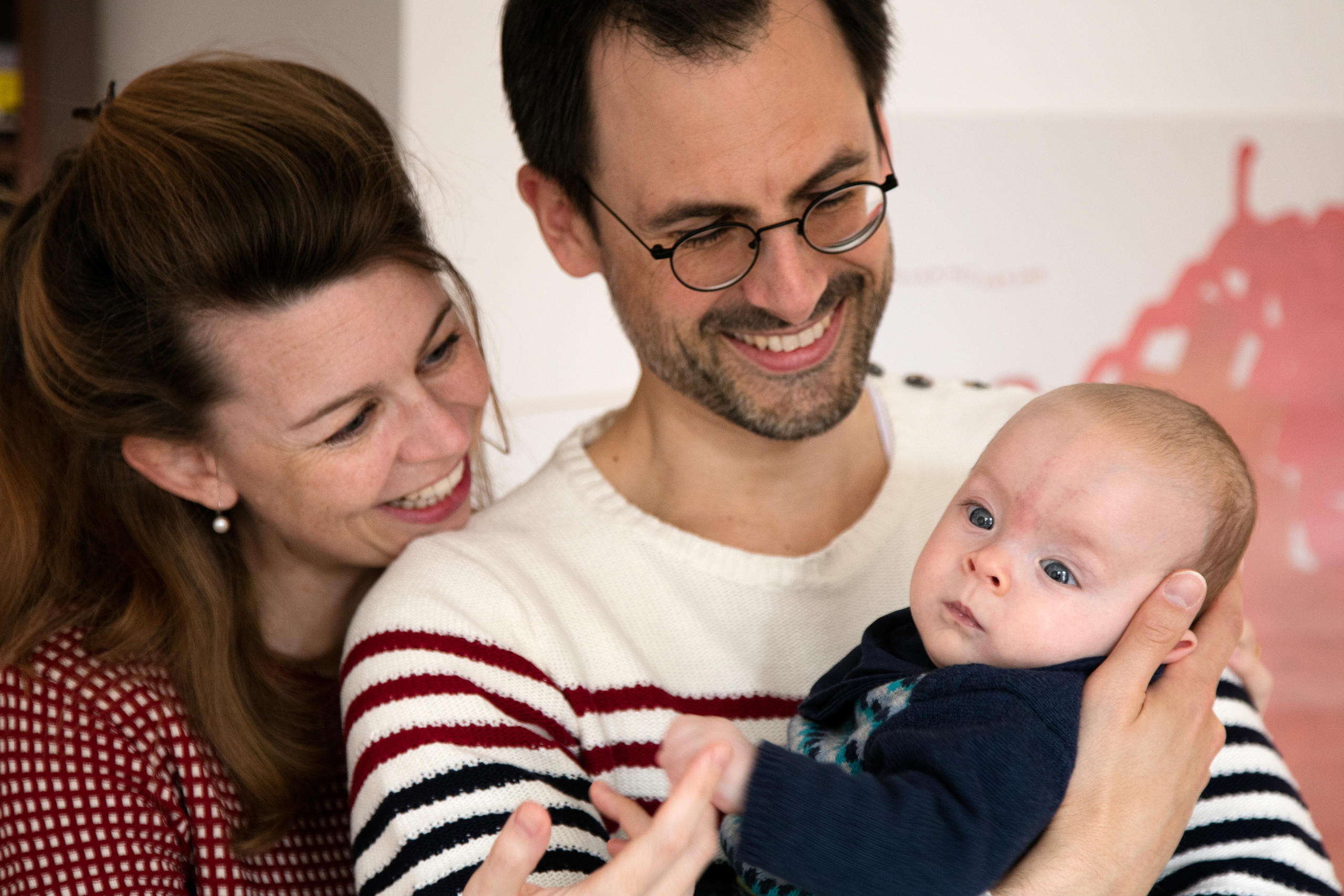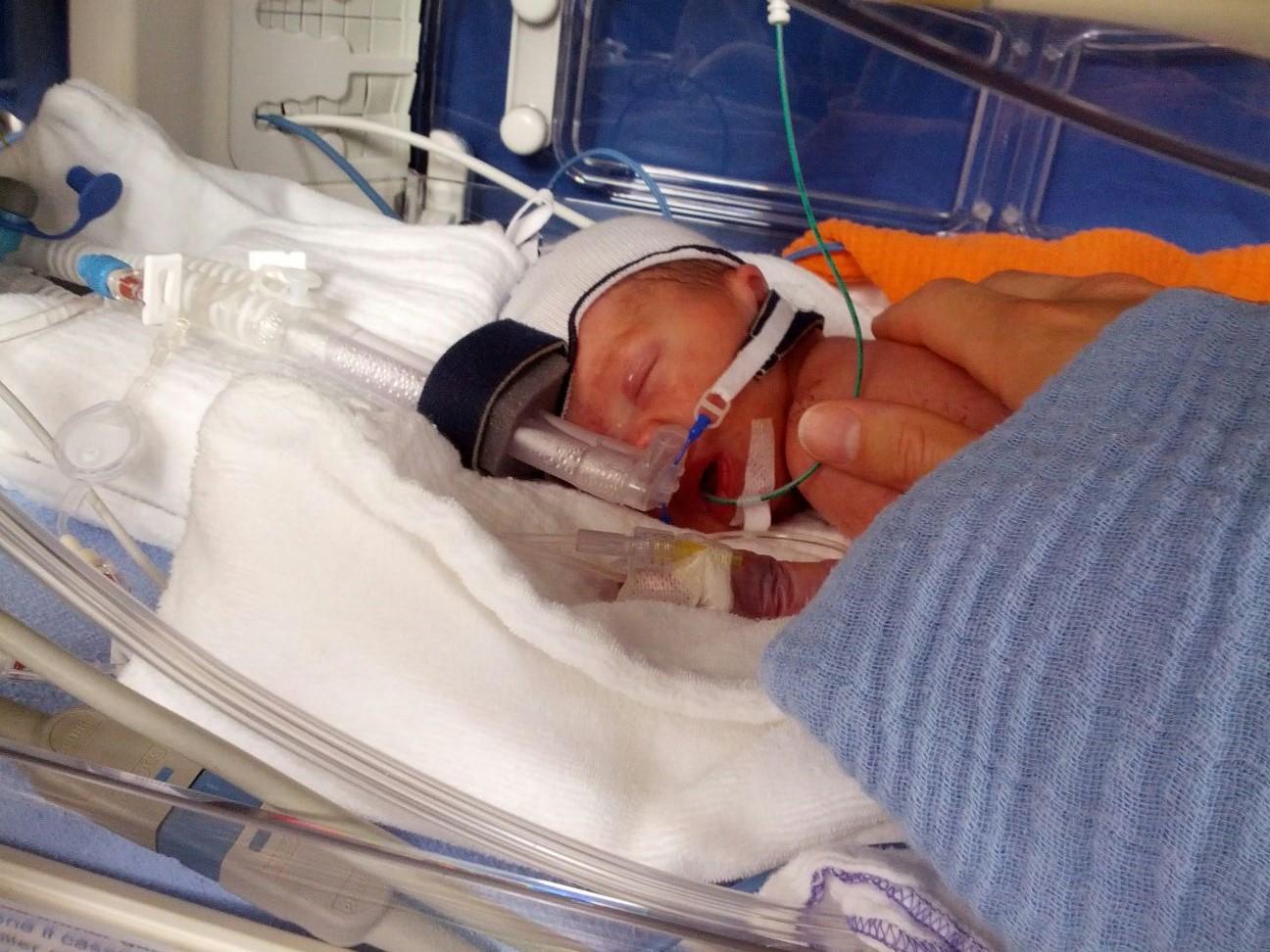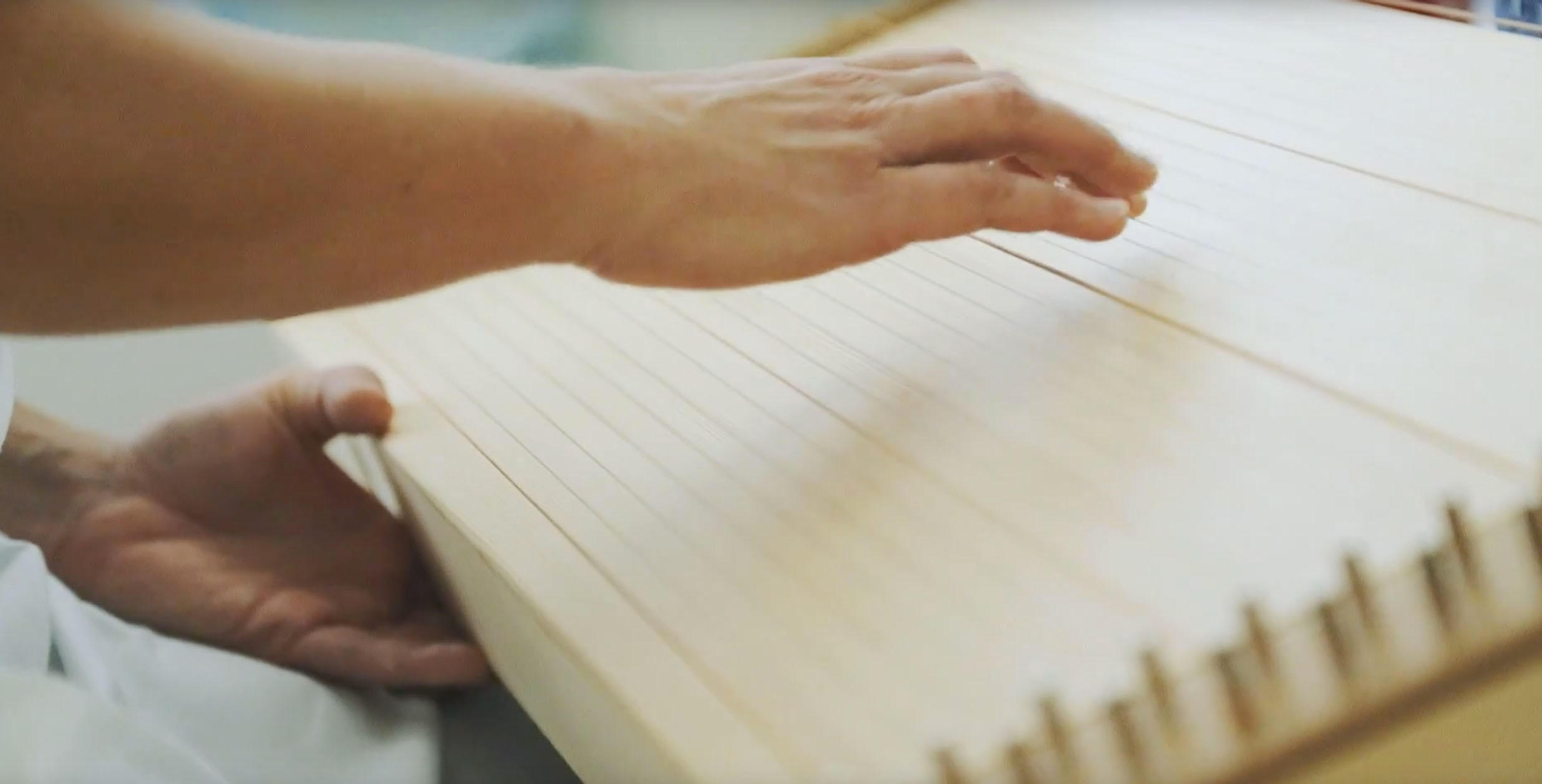Learning to be a couple while caring for a sick child

Getting married, moving and being pregnant are all considered stressful major life events. Needing a job and being a foreigner are further challenges. Add to that having a premature infant, and you might ask: Is it possible for a new couple to survive?
Anna of Bern and Remco of Amsterdam met at a Brazilian folkdance weekend in Paris in April 2014. Like many intercultural couples, they started with “a lot of EasyJet flights”, but soon decided they were ready for a deeper commitment. Both wanted children. And when they learned that Anna was pregnant, it made the decision to get married even easier.
Eight days after their wedding, four days after arriving in Bern, they were separated. Anna, who was six months pregnant, had to be hospitalized after her water broke early.
“There were still moving boxes all around and Remco was suddenly all alone in the apartment and I had to just stay and lie horizontally. In total it was a month,” says 35-year-old Anna.
It wasn’t exactly the life they had had in mind.
“Basically my integration course took place in the hospital,” says Remco, also 35.
“With all those different kinds of Swiss dialects,” adds Anna. “We had a Walliser nurse and a Bundner nurse, and of course Schwyzerdütsch.”

At 30 weeks in her pregnancy, Anna started having contractions. Casper’s due date was December 31, but he was born by Caesarean section on October 27, weighing 1,600 grams.
“You go in thinking, ‘Ah yeah, I know what premature means. That’s when a child is born early,’” says Remco. “But you quickly learn that there is a whole range. All of a sudden your child is in this sort of hypertechnical, artificial, scary, beeping world. You’re constantly stressed and scared. You compare yourself all the time with others, and you try to get an idea of ‘Where are we on this huge spectrum? Are we on the safe side?’“
Casper was born with a score of two on the Apgar scale, used to measure the health of newborns. Ten is the best score. He was intubated for breathing problems and regularly had episodes of bradycardia. “Your baby just stops breathing. He forgets to breathe,” says Anna. “And then the eyes turn white. This is really a frightening moment.”

More
Using music to help premature infants
Their baby was in the hospital for more than two months after his birth. Anna and Remco travelled back and forth every day to the hospital. On Christmas Day Casper was allowed to go home.
“They say it takes a village to raise a child. We had a whole hospital full of people to help us with the first weeks of his life,” says Remco. “Just as much as there were these moments of despair, basically, or of not having trust or being worried or just being tired, there were also a lot of moments for me where it felt good to have a lot of people around who really cared and were involved.”
Anna agrees. “You’re not only a body. You also need a bit of emotional care.”
Not everything about having a premature baby was negative. When asked what she remembers most about the experience, Anna pauses, then turns to Remco. “Experiencing us as a couple. Really, we grew together. This was very strong. Wonderful. I don’t know what I would have done without you.”
You can contact the author via Twitter @JeannieWurz

In compliance with the JTI standards
More: SWI swissinfo.ch certified by the Journalism Trust Initiative








You can find an overview of ongoing debates with our journalists here . Please join us!
If you want to start a conversation about a topic raised in this article or want to report factual errors, email us at english@swissinfo.ch.